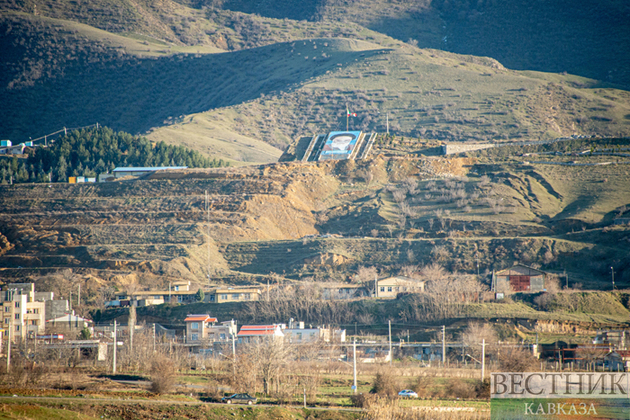Iranian economist Mohsen Renani says another revolution is unlikely in Iran, however, there is a high potential for riots and unrest because of economic crisis. Speaking in an interview with Didban Iran news website, the Esfahan University professor said that if protests continue in Iran they will turn out to be more dangerous for the country than a nuclear bomb.
According to Iran International, Iran’s runaway inflation, currently at an annual rate of 55 percent, has impoverished a vast majority of the population and is seen as the result of a nuclear program that has brought on international and US sanctions for the past 15 years, crippling the economy.
Meanwhile, Renani added that because of the ongoing dissent, officials are losing their self-confidence and keep making hasty decisions secretly to cope with a multitude of problems. He said revolutions have been constantly taking place in Iran for 110 years now. "The constitutional revolution of 1905, the Qajar Dynasty’s fall in 1920, the Iranian oil nationalization movement of the early 1950s and the Green Movement of 2009 against Islamic Republic policies have all been revolutions." However, he added that all of those revolutions were the consequences of Iranian elites and leaders' inability to maintain dialogue among themselves and with the people.
Renani warned against the declining self-confidence of decisionmakers in Iran, adding that Iran is at a stage where too many crises happen at the same time. "In such a situation, the regime is entangled in a quagmire of instability, challenge, and wrong social and economic decisions. The only thing the government can do is fight fires: “Putting out fires here and there while ending up in a strange confusion as a result of its inefficiency," the economist said.
He was most likely referring to hurried decisions made by President Ebrahim Raisi’s administration to cope with the country's biggest economic crisis in its modern history. Those decisions including a desperate attempt to eliminate food subsidies and increase prices of essential commodities. When these decisions led to a major crisis in early May and culminated in protests, the government announced various new measures including rationing bread, issuing coupons and promising higher cash handouts, while so far it has not able to do any one of those things. In the meantime, price kept rising and dissatisfaction has led to a situation hard to control or continue.
Since 2017, Renani has been leading a series of academic dialogues to discuss solutions to Iran’s problems. He says the "Development Dialogues" is an academic attempt to look for the missing give-and-take between the elites and the government during the past 110 years. "Throughout this time, intellectuals thought that Iran can reach development only through regime change," he said. He added that Iranian academics are collecting some 50 different narratives that could determine the route to development. However, he regretted that "We have not been able to turn this into a real dialogue among those who pursue Iran's development." "Unfortunately, many join the discussions only to prove themselves. They are not there to listen to others in order to correct their narratives. Some even refused to join the conversation to avoid possible criticism," he said, most likely pointing at lack of interest on the part of the officials to listen to critics.






